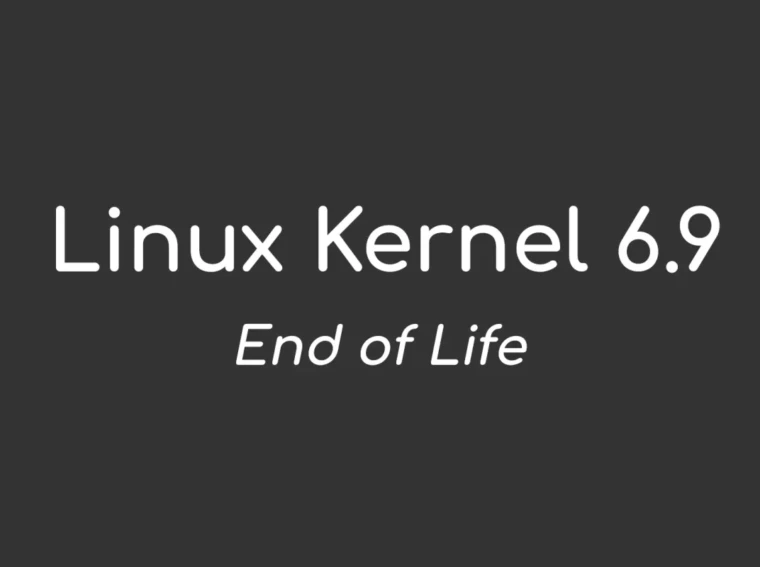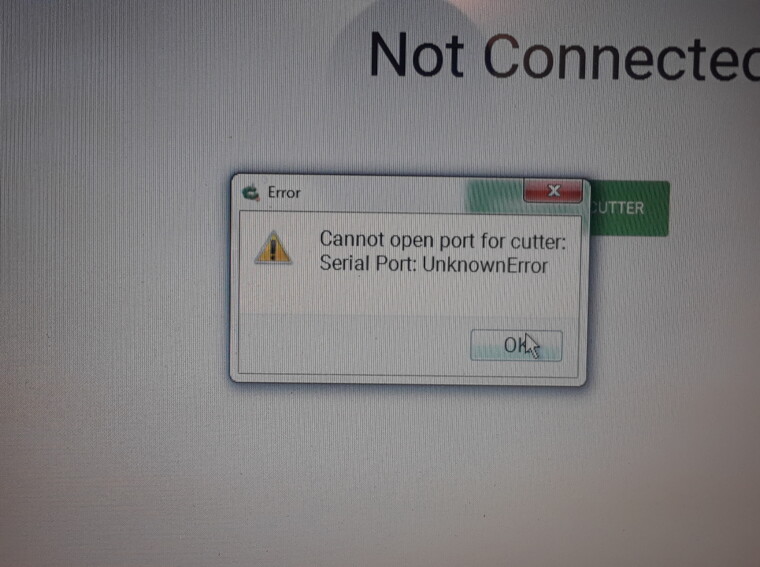This is a friendly reminder that the Linux 6.9 kernel series has reached the end of its supported life, and you should consider upgrading to Linux kernel 6.10 as soon as possible.
“This branch is now end-of-life, and everyone should move to the 6.10.y branch now,” stated Greg Kroah-Hartman.
Linux kernel 6.9 was released on May 12th, 2024, introducing several new features, including Rust support on AArch64 (ARM64) architectures, support for Intel’s FRED (Flexible Return and Event Delivery) mechanism for improved low-level event delivery, and support for AMD SNP (Secure Nested Paging) guests, among others.
As Linux kernel 6.9 is not a Long Term Support (LTS) branch, it was only supported for a few months and has now been marked as End of Life (EOL) on the kernel.org website. Renowned Linux kernel developer Greg Kroah-Hartman has urged users to transition to the latest Linux 6.10 kernel branch.
The final update for the Linux 6.9 kernel series is version 6.9.12, which was recently made available in the stable repositories of Fedora Linux 40. Popular rolling-release distributions like Arch Linux and openSUSE Tumbleweed have already upgraded to the latest Linux 6.10 kernel series.
Released on July 14th, 2024, Linux kernel 6.10 introduces new features such as the mseal() system call for memory sealing, which helps protect the memory mapping itself against modifications and mitigates memory corruption issues, shadow stack support for the x32 subarchitecture, and TPM bus encryption and integrity protection.
Many GNU/Linux distributions, including Fedora Linux, Ubuntu, and Linux Lite, plan to upgrade to the Linux 6.10 kernel in the coming weeks. If you’re using a different GNU/Linux distribution, check with its maintainers to find out when Linux 6.10 will be available for upgrade.
It’s important to note that Linux 6.10 is another short-lived kernel branch that will be supported for only a few months. If you’re seeking long-term support, consider upgrading to one of the LTS kernel series, such as Linux 6.6 LTS or Linux 6.1 LTS, both of which will be supported until December 2026.


